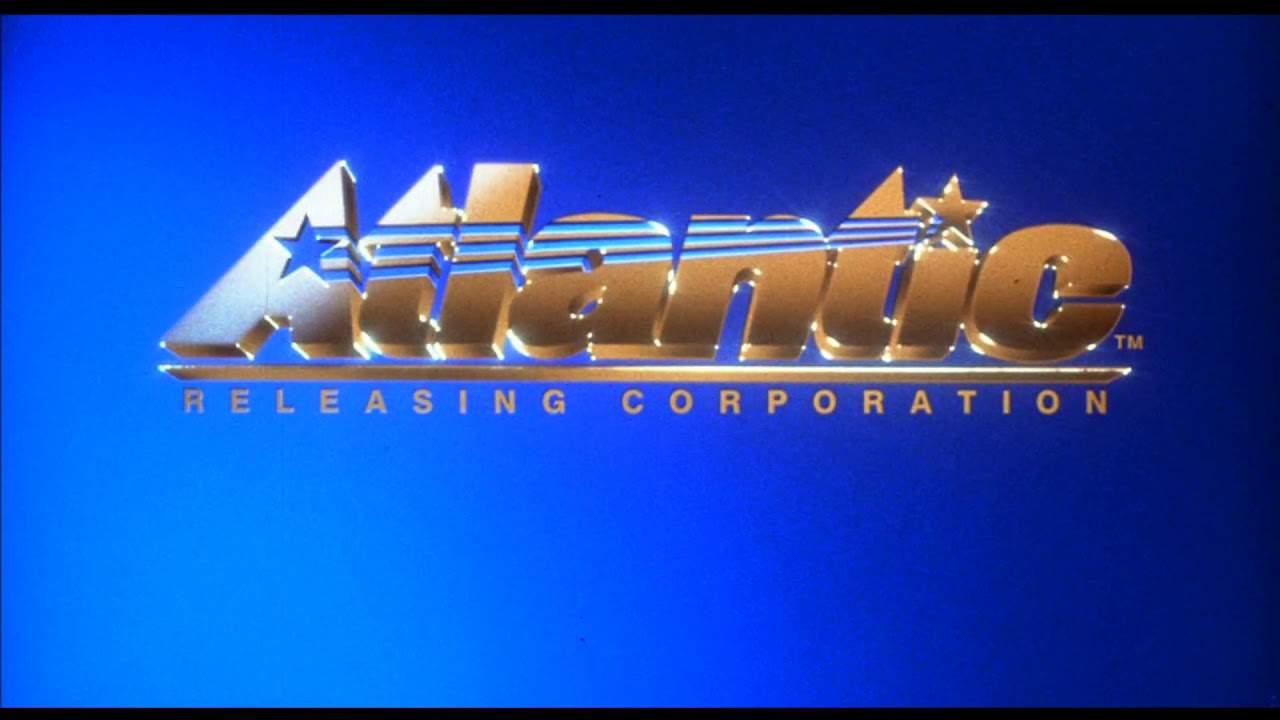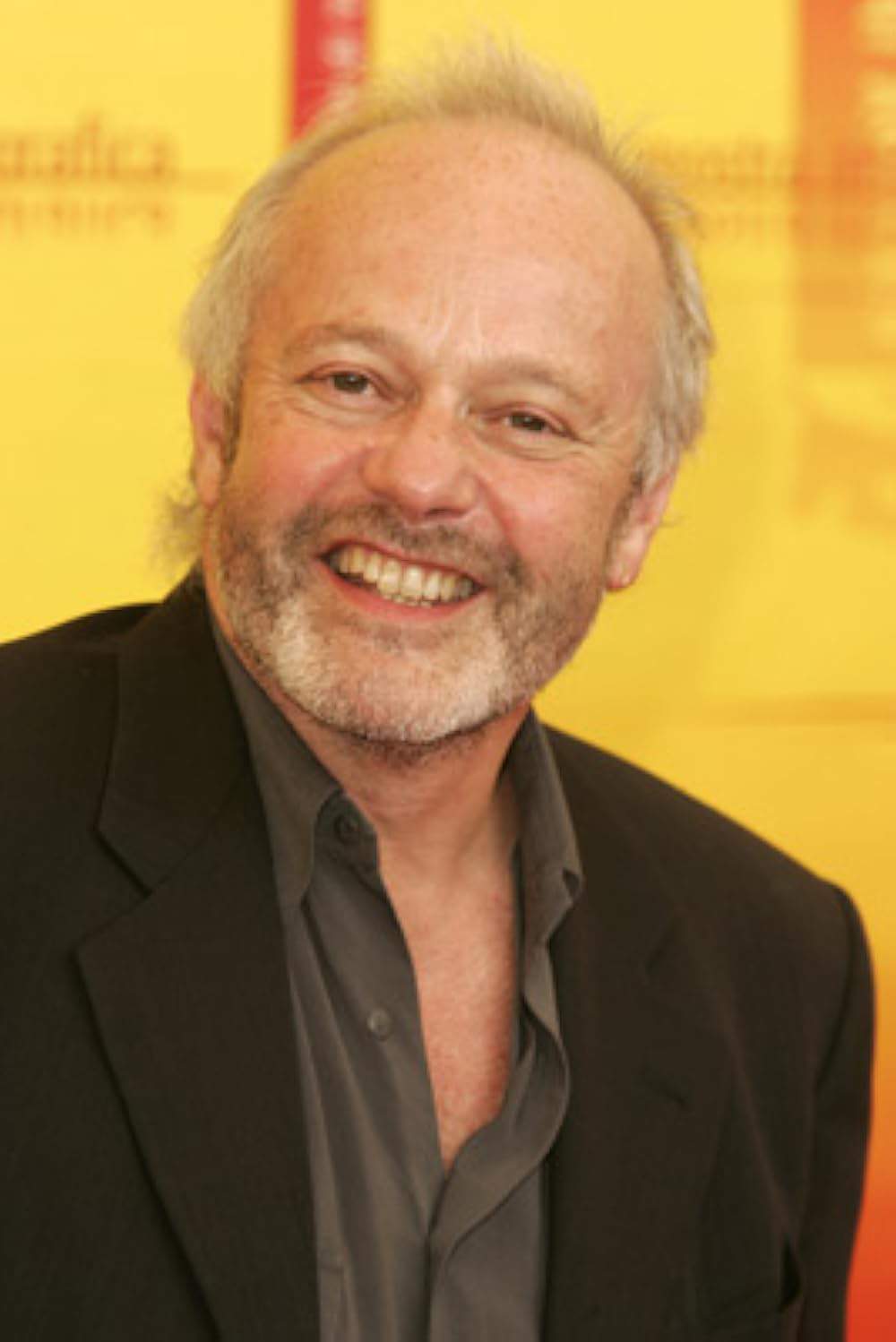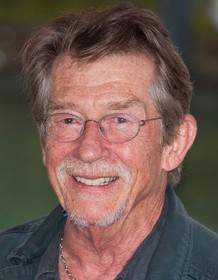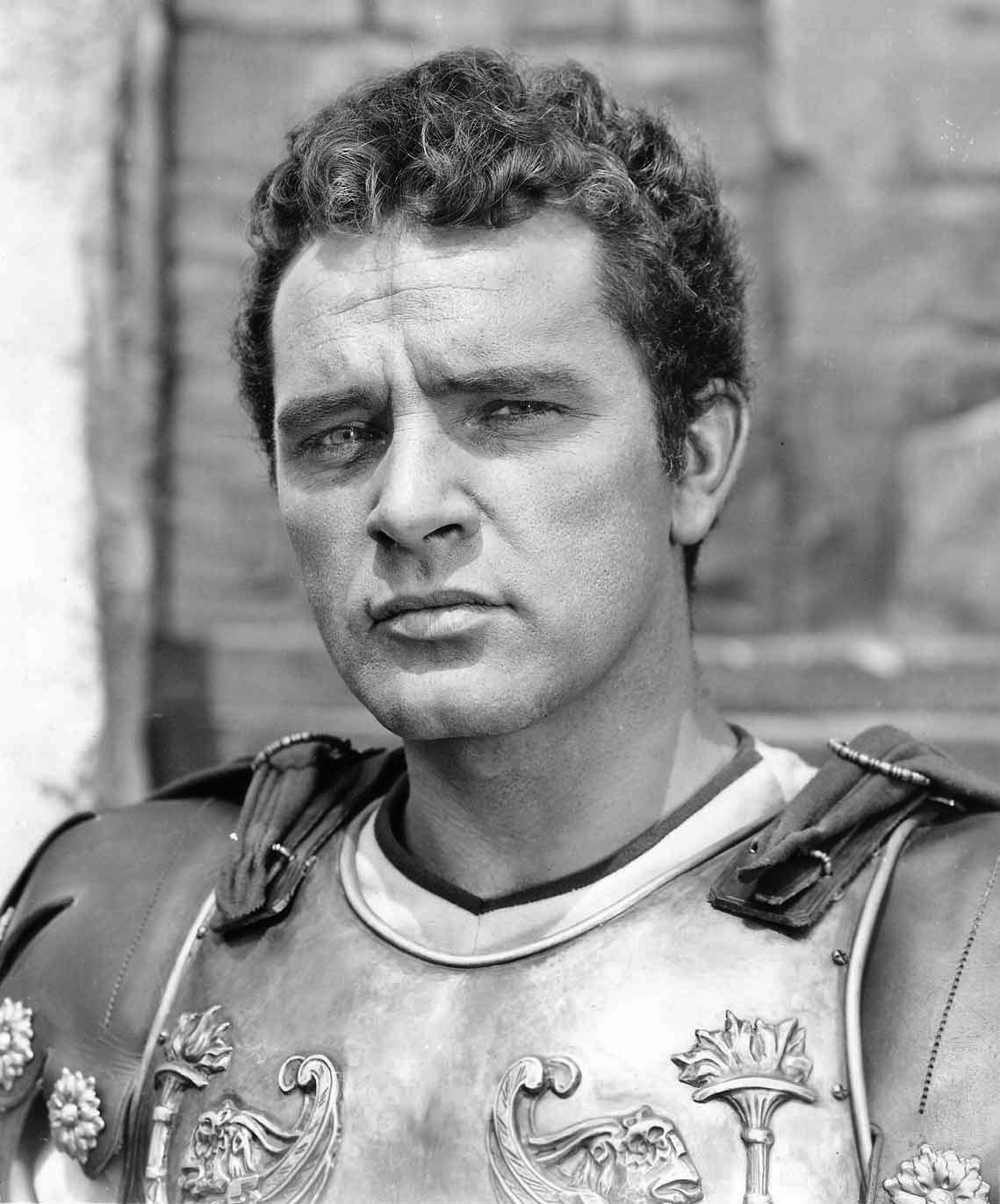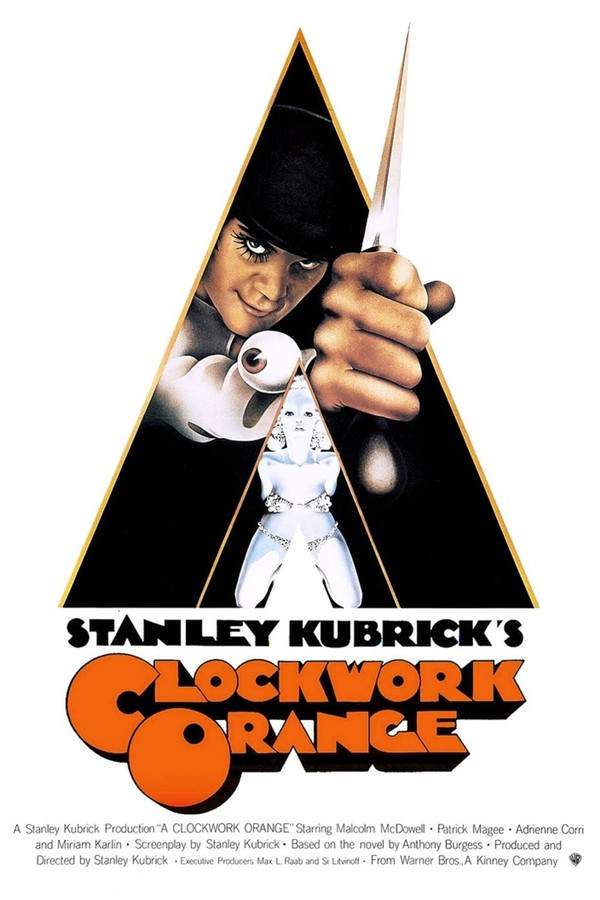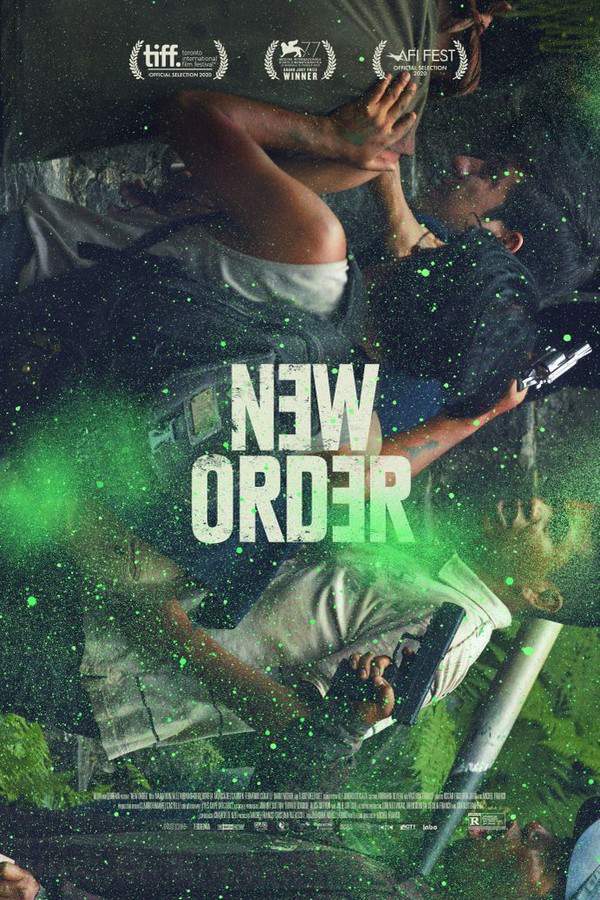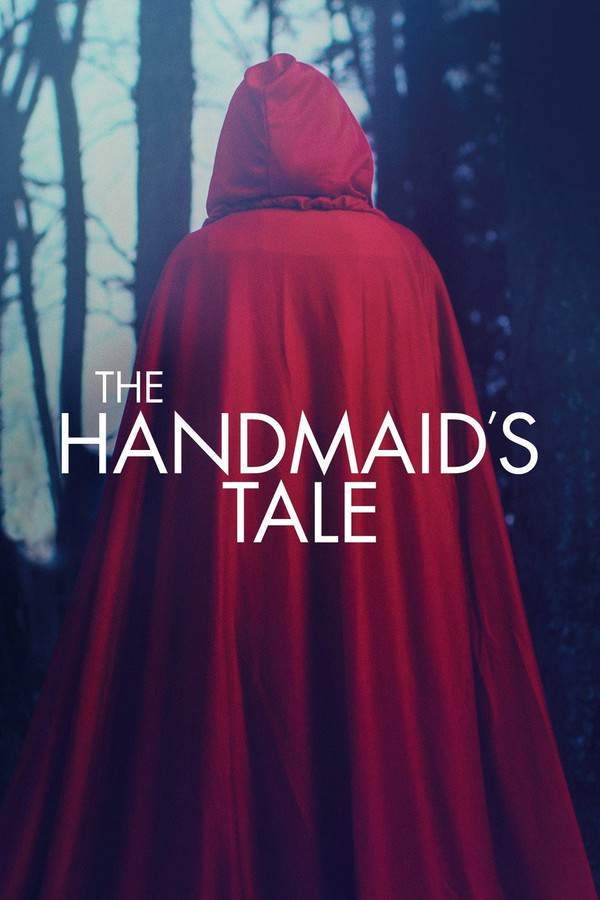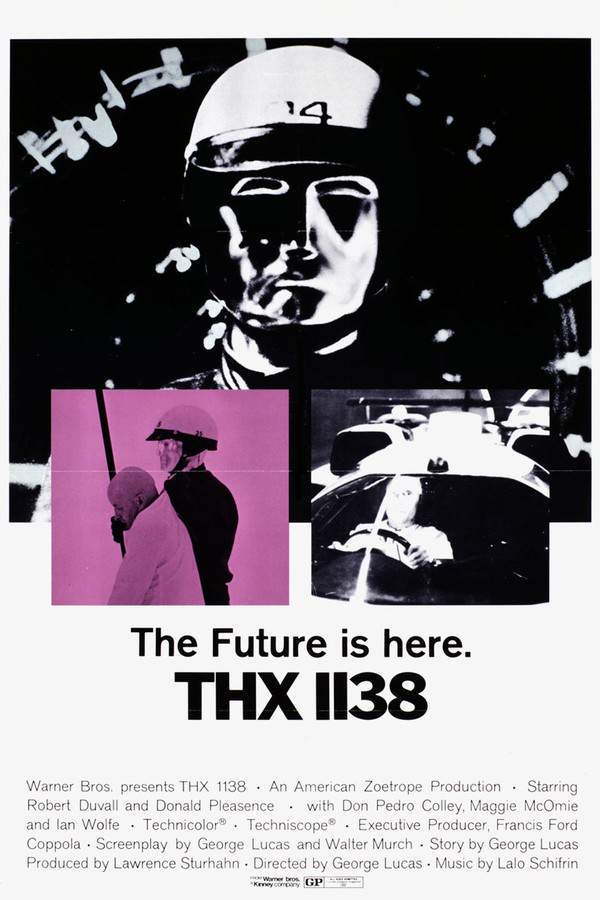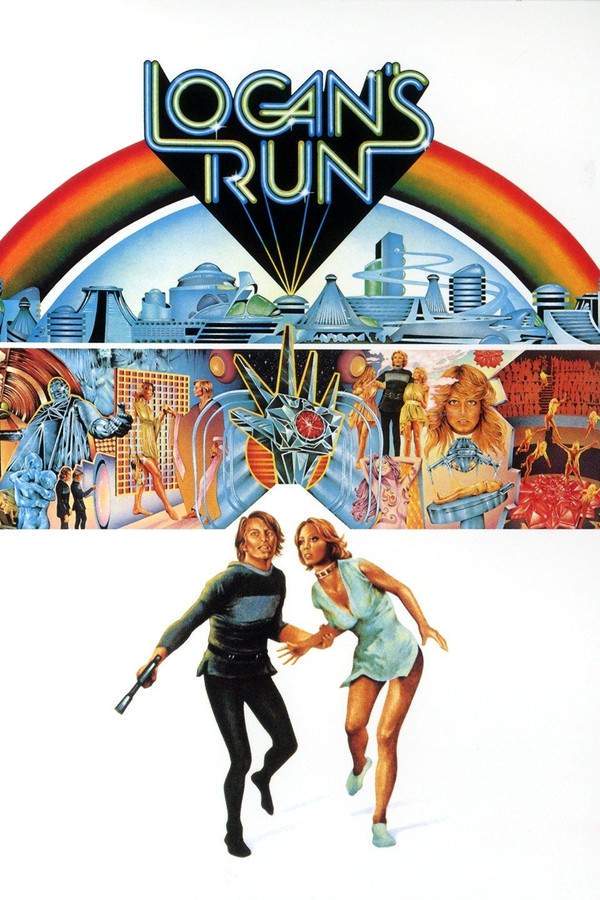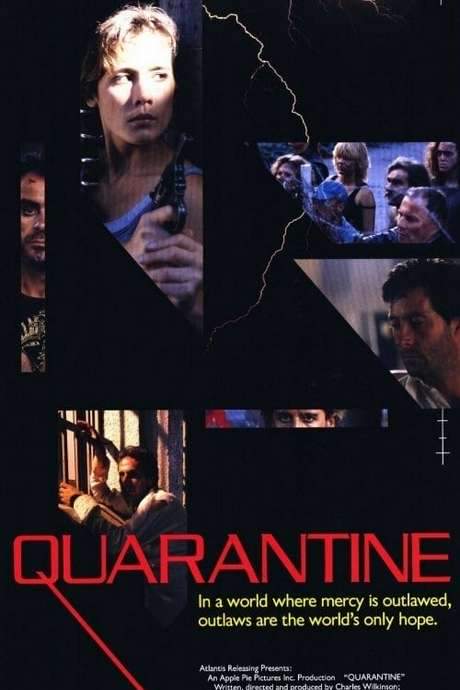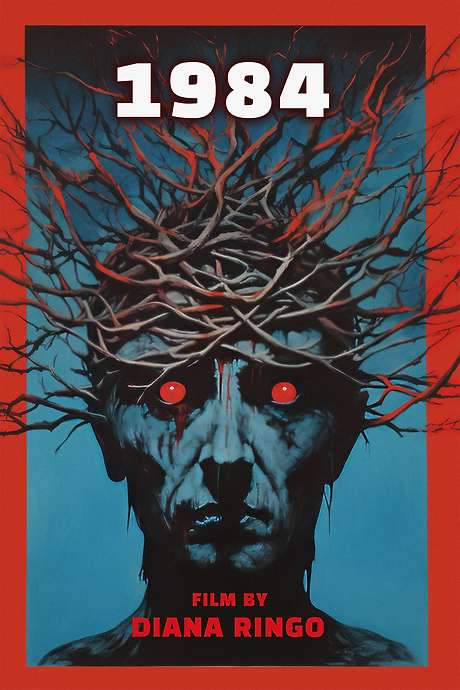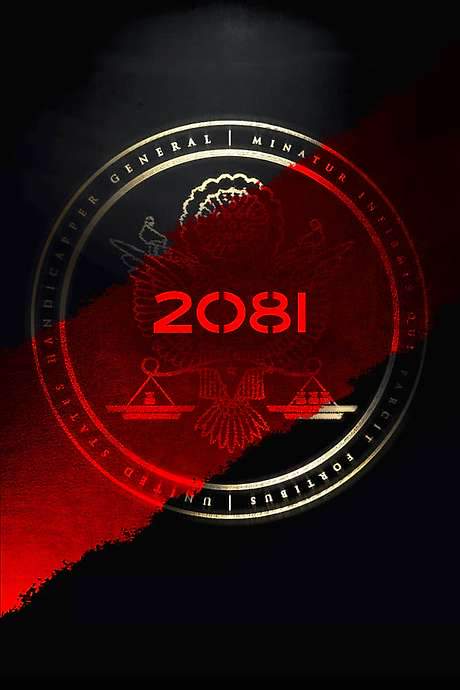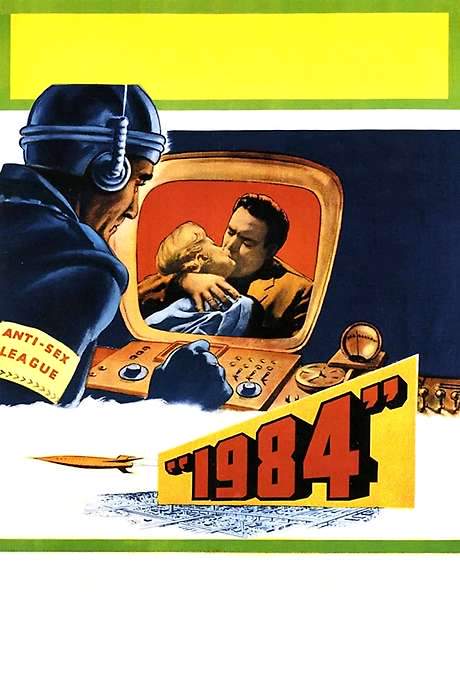1984 1985

In a chilling dystopian future, Winston Smith struggles against an oppressive regime led by the omnipresent Big Brother. As a low-ranking Party member, Winston works at the Ministry of Truth, where he alters historical records to align with the Party's current propaganda. Dissatisfied with his existence and yearning for freedom, he begins a forbidden love affair with Julia, finding temporary solace in their rebellion. However, in a society where every action and thought is monitored, their defiance risks severe consequences and a confrontation with the Party's iron grip.
Does 1984 have end credit scenes?
Yes!
1984 does have end credit scenes. Stay until the very end!
Meet the Full Cast and Actors of 1984
Explore the complete cast of 1984, including both lead and supporting actors. Learn who plays each character, discover their past roles and achievements, and find out what makes this ensemble cast stand out in the world of film and television.
External Links and Streaming Options
Discover where to watch 1984 online, including streaming platforms, rental options, and official sources. Compare reviews, ratings, and in-depth movie information across sites like IMDb, TMDb, Wikipedia or Rotten Tomatoes.
Ratings and Reviews for 1984
See how 1984 is rated across major platforms like IMDb, Metacritic, and TMDb. Compare audience scores and critic reviews to understand where 1984 stands among top-rated movies in its genre.

67
Metascore
6.1
User Score


75%
TOMATOMETER

71%
User Score
Take the Ultimate 1984 Movie Quiz
Challenge your knowledge of 1984 with this fun and interactive movie quiz. Test yourself on key plot points, iconic characters, hidden details, and memorable moments to see how well you really know the film.
1984 Movie Quiz: Test your knowledge about the dystopian world and characters of the film 1984.
Who is the main character in 1984?
Winston Smith
O'Brien
Julia
Big Brother
Show hint
Full Plot Summary and Ending Explained for 1984
Read the complete plot summary of 1984, including all major events, twists, and the full ending explained in detail. Explore key characters, themes, hidden meanings, and everything you need to understand the story from beginning to end.
Set in the oppressive climate of April 1984, this dystopian narrative unfolds in a world that has seen the aftermath of a devastating Second World War and the devastating Atomic Wars. At the center of it all is Winston Smith, portrayed by John Hurt, a middle-aged man living in the totalitarian state of Oceania, where every action and thought is surveilled by the omnipresent Thought Police. The backdrop is the crumbling city of London, which is now the capital of Airstrip One (once known as Great Britain). As a lowly official in the Ministry of Propaganda, Winston leads a grim existence, tucked away in a filthy flat and confined to a cramped office cubicle just like countless others at the Ministry of Truth. Here, he undertakes the dreary task of altering historical records, ensuring that any individual who opposes the Party is effectively erased from history as if they never existed—referred to as “unpersons.”
Every day, under the unblinking gaze of the “telescreens” that monitor citizens, Winston drifts through his life. He attends public gatherings in Victory Square, where the Party disseminates propaganda films and false news updates about the ongoing war, portraying a façade of strength and unity under the rule of their enigmatic leader, Big Brother (Bob Flag). His neighbor, Parsons, played by Gregor Fisher, epitomizes the compliant citizen, content with submitting to the regime’s laws and expectations. However, Winston is not so easily placated; he grapples with the shadows of a troubled childhood and his own restless desires, prompting him to keep a secret diary—an act of rebellion that constitutes a thoughtcrime, a direct challenge to the Party’s ideology.
Then, a significant twist occurs when he encounters Julia—a bold, mysterious co-worker played by Suzanna Hamilton—who also works in the Ministry of Truth. The two embark on a clandestine affair, their first secret meeting occurring in the serene countryside away from constant watch. Together, they trade forbidden ideas and indulge in their growing passion in a hidden room above a pawn shop, only to discover that the innocent-looking place is under the watch of a member of the Thought Police. This brief interlude of joy comes to a cruel end when the Thought Police invade their sanctuary, revealing a hidden telescreen and arresting them both.
Winston is taken to the Ministry of Love—a cold, intimidating structure where he undergoes systematic torture at the hands of O’Brien, whose role as a high-ranking member of the Inner Party, portrayed by Richard Burton, was initially perceived as a potential ally. In a chilling turn of events, O’Brien instructs Winston about the principles of “doublethink,” a doctrinal mechanism that allows one to accept two contradictory beliefs simultaneously. Winston’s reality crumbles when he is presented to Room 101, which delivers the ultimate psychological torment catered to his individual fears—an encounter with a cage of ferocious rodents. In that moment of terror, even his loyalties to Julia are cast aside, and he succumbs completely to the Party’s will.
Once physically rehabilitated and released back into society, Winston returns to the Chestnut Tree Café, a place rife with broken souls like him who have been “vaporized” and transformed into unpersons. Here, he encounters Julia, also a victim of the Party’s reconditioning, and they exchange hollow words over a bottle of Victory Gin, each aware of their betrayal of one another. Following her departure, Winston is confronted by a television broadcast that features him confessing to crimes against the state, pleading for the populace’s forgiveness in a tone reminiscent of a repentant sinner.
Finally, as the news reports celebrate the Oceanian army’s victory in a recent conflict, Winston is filled with conflicting emotions and tears as he expresses unconditional love and gratitude towards Big Brother. Deprived of autonomy and reduced to a mere shadow of his former self, he resigns himself to the fate awaiting him—celebrating the indomitable power of the state with an eerie final declaration of love, fully devoted to the unyielding presence of Big Brother, whispering his acceptance to the watching telescreen.
Uncover the Details: Timeline, Characters, Themes, and Beyond!

Coming soon on iOS and Android
The Plot Explained Mobile App
From blockbusters to hidden gems — dive into movie stories anytime, anywhere. Save your favorites, discover plots faster, and never miss a twist again.
Sign up to be the first to know when we launch. Your email stays private — always.
Watch Trailers, Clips & Behind-the-Scenes for 1984
Watch official trailers, exclusive clips, cast interviews, and behind-the-scenes footage from 1984. Dive deeper into the making of the film, its standout moments, and key production insights.
1984 Themes and Keywords
Discover the central themes, ideas, and keywords that define the movie’s story, tone, and message. Analyze the film’s deeper meanings, genre influences, and recurring concepts.
1984 Other Names and Titles
Explore the various alternative titles, translations, and other names used for 1984 across different regions and languages. Understand how the film is marketed and recognized worldwide.
Similar Movies To 1984 You Should Know About
Browse a curated list of movies similar in genre, tone, characters, or story structure. Discover new titles like the one you're watching, perfect for fans of related plots, vibes, or cinematic styles.
Quick Links: Summary, Cast, Ratings, More

What's After the Movie?
Not sure whether to stay after the credits? Find out!
Explore Our Movie Platform
New Movie Releases (2026)
Famous Movie Actors
Top Film Production Studios
Movie Plot Summaries & Endings
Major Movie Awards & Winners
Best Concert Films & Music Documentaries
Movie Collections and Curated Lists
© 2026 What's After the Movie. All rights reserved.


